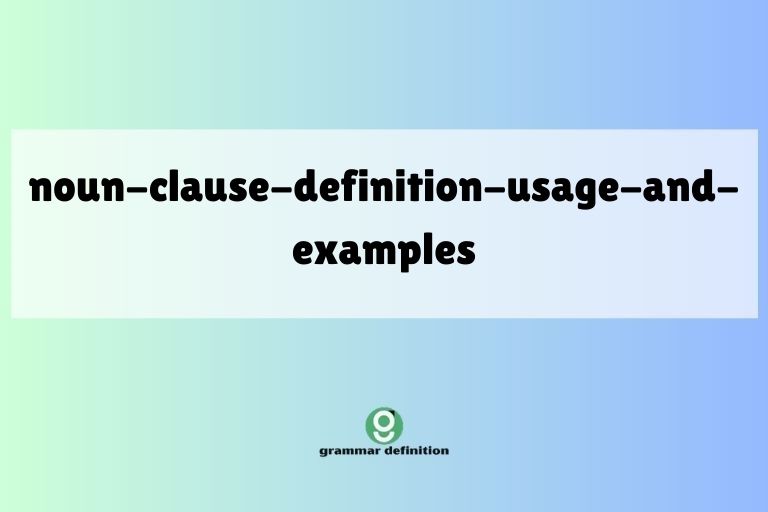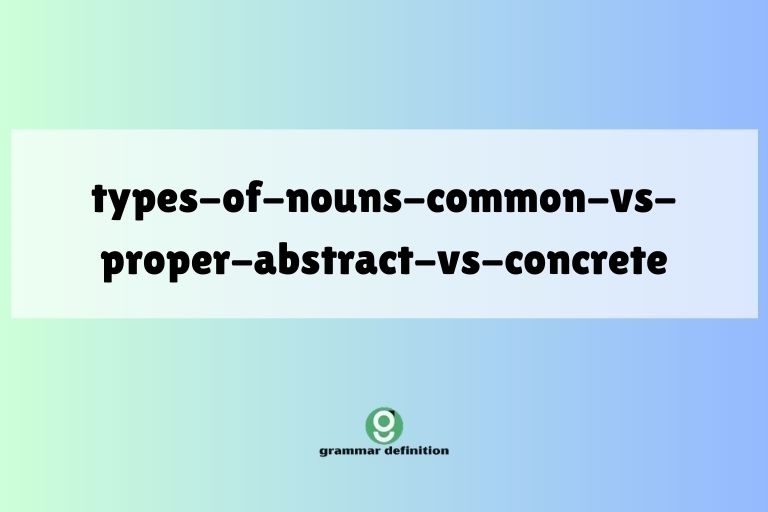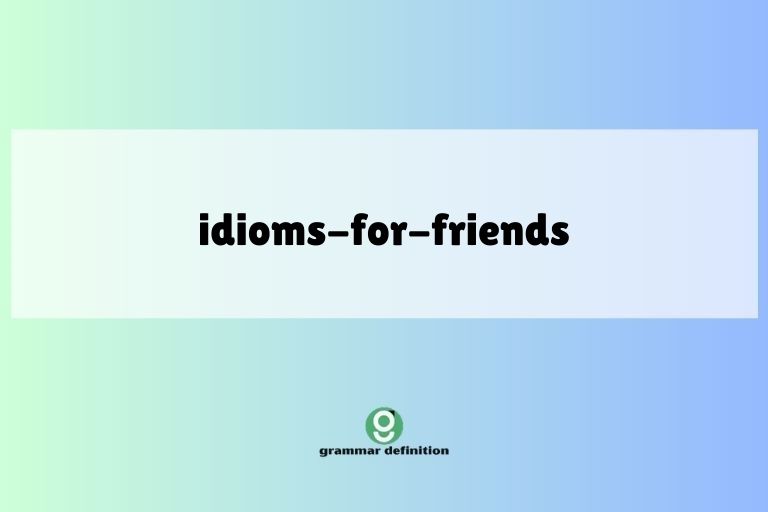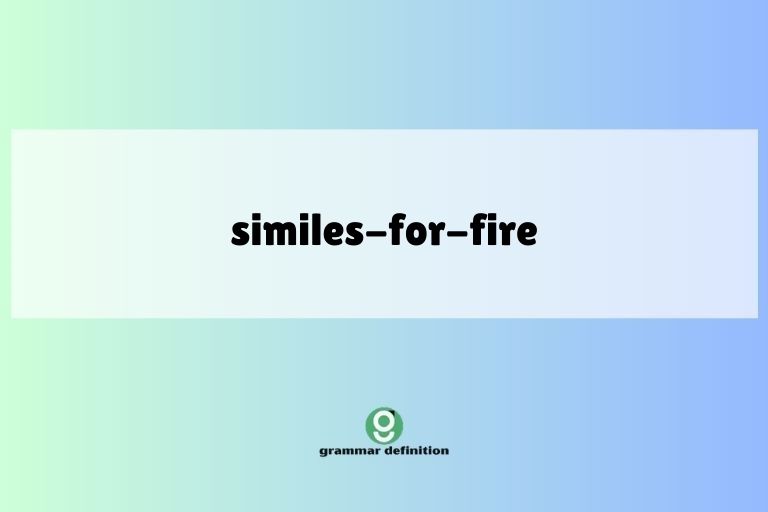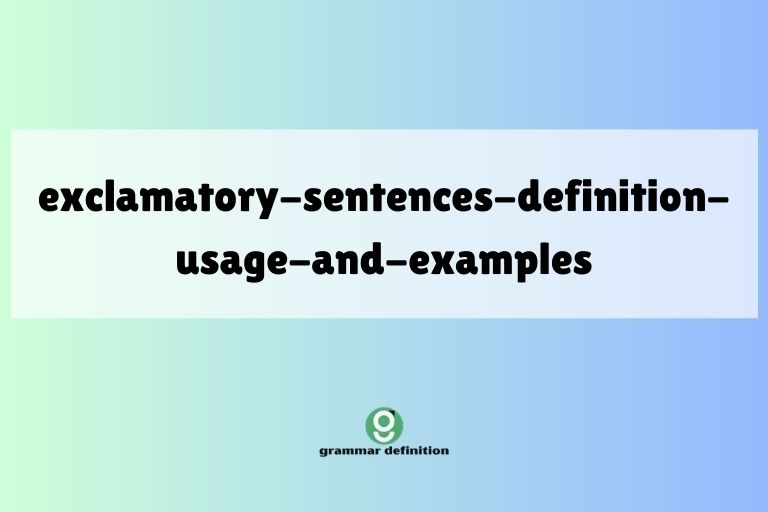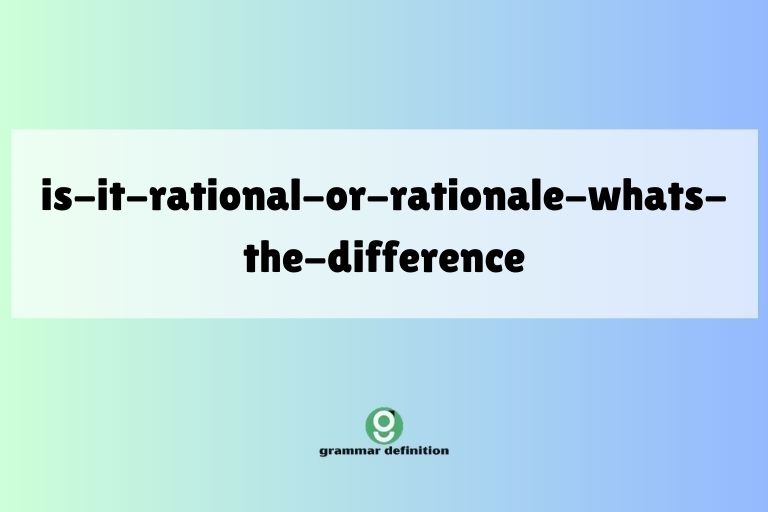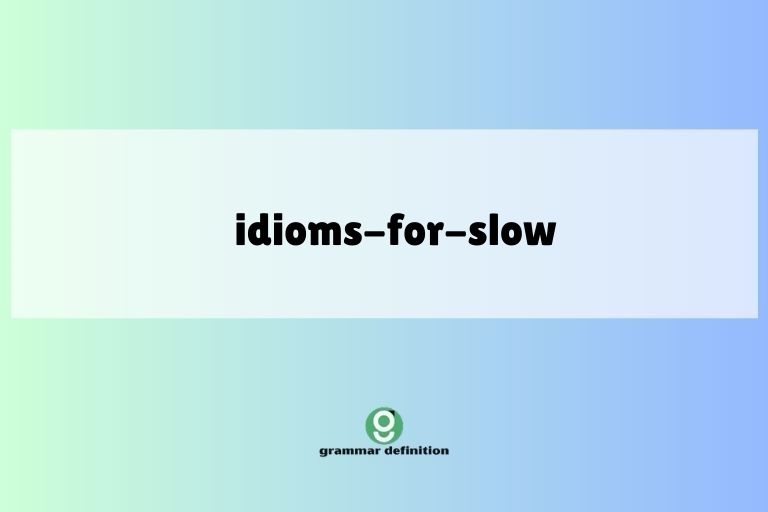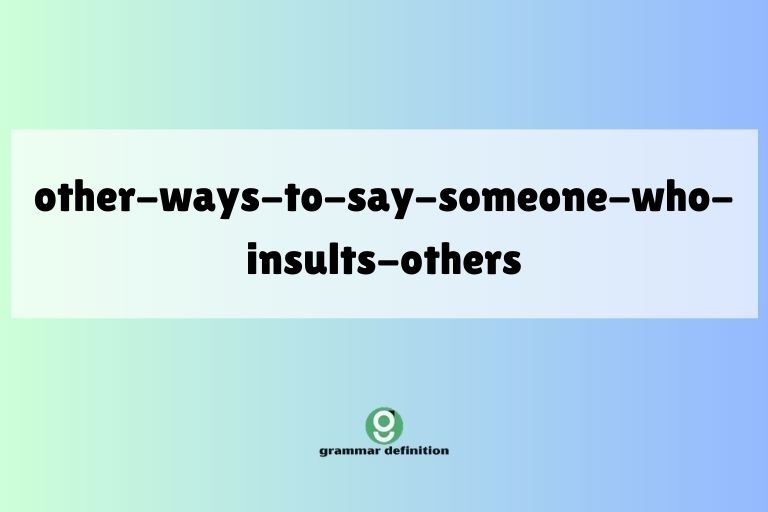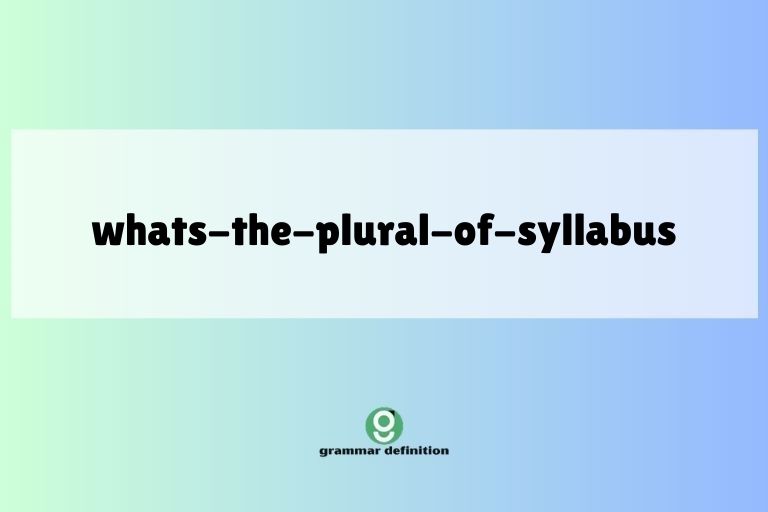Noun Clauses: Definition, Usage, and Comprehensive Examples
Understanding noun clauses is crucial for mastering complex sentence structures in English. Noun clauses function as nouns within sentences, allowing them to occupy subject, object, complement, or appositive positions. This knowledge enhances both writing and reading comprehension, enabling you to construct more sophisticated and nuanced sentences. This article is designed for English language learners, from … Read more

